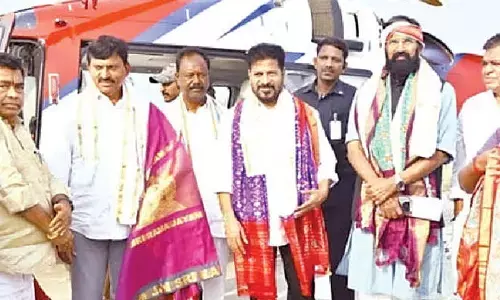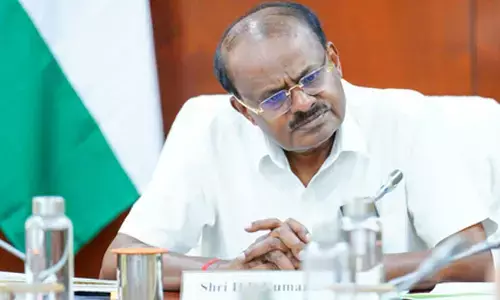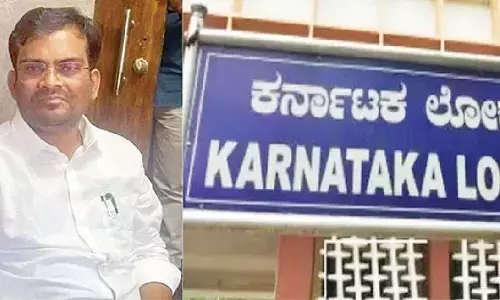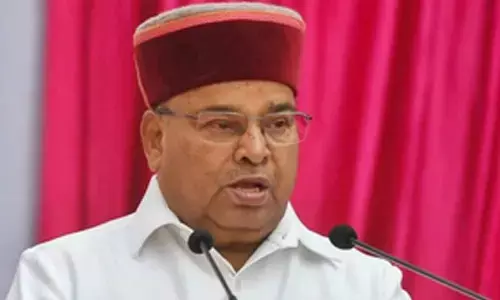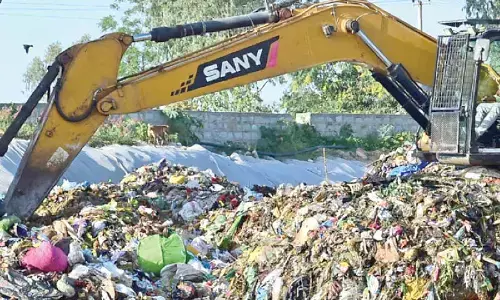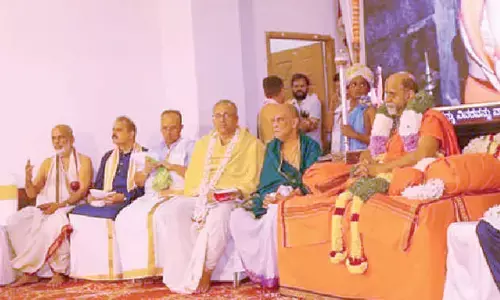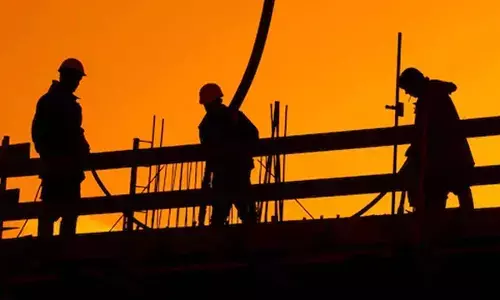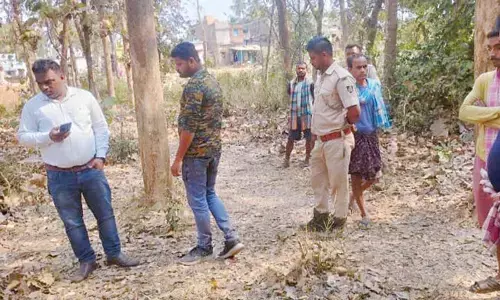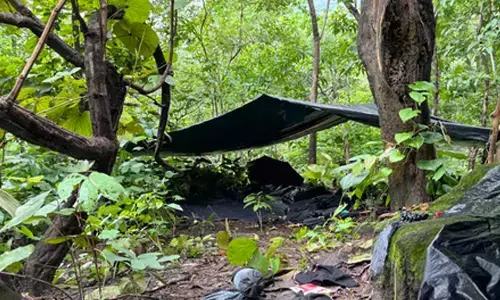Why youth stay away from politics?
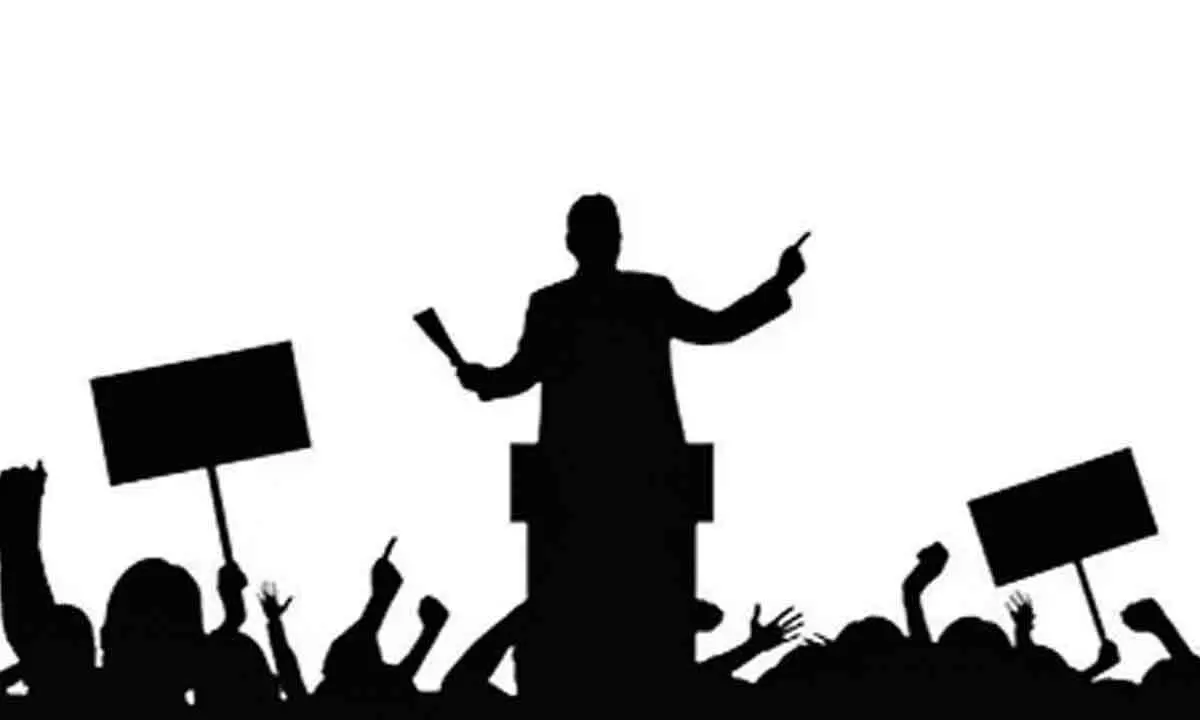
India, celebrated as the world's largest democracy also holds the world's largest national population of the youth. As noted publications report, by 2022, the median age in India will be 28 years; in comparison, it will be 37 in China and the United States, 45 in Western Europe, and 49 in Japan. A demographic dividend, said to have commenced around 2004-05, is available for close to five decades. Yet, the democratic politics of the country and the youth sometimes seem to be disparately poised from each other. Under a capitalist regime of individual self-fulfilment and competition, the young in India are often pushed to pursue self-benefit, in place of focussing on collective existence and welfare. While a competitive professional regime is inescapable, a desensitised youth does not bode well for our larger social and national missions.
Data shows similar trends across countries, as under two per cent of parliamentarians around the world are in their 20s. In a poll conducted by YouthKiAwaaz before the 2019 Indian General Elections, only 54.59 per cent of the young respondents admitted to having voted before. 49.50 per cent of men respondents envisioned themselves as engaging with politics at some point in their lives, as opposed to 30.64 per cent of women respondents. However, politics is not simply about the electoral process, it is also about commitment to social cohesion and progress and the issues that affect us on a macro level. In a 2013 survey by Hindustan Times, in a city as significant as Mumbai, only 9.5 per cent of the youth were interested in being politically active.
This phenomenon merits a deciphering of its own. Why is it that young people, bristling with creativity, enthusiasm and potential to change the world stray away from politics? To begin with, it has to do with our narrow understanding of the term. Politics is not compulsorily tied to government, governance and holding offices. A rudimentary definition from Political Science textbooks would define it as the set of activities that are associated with making decisions in groups, or other forms of power relations between individuals, such as the distribution of resources or status. Therefore, politics does not simply mean governmentability and elections, but being decisive collectively and working for the collective good. Under this capacious definition, both formal and informal engagement can be acknowledged as political participation, and can play a crucial role in sustaining a vibrant and resilient democracy.
For instance, several youth-led initiatives were of tremendous help during the second wave of the Covid-19 spread in India. Volunteers' crowd sourced aid, ensuring the availability of medical oxygen, keeping track of hospital beds and other resources and disseminating essential, verified information. Such acts are not simply to be seen as triumphs for humanity but also as markers of political committedness that keeps our societies afloat.
The other issue to take care of are the hurdles in the way of political engagement. In a survey conducted by the UN IANYD in August 2012, a majority of 13,000 respondents expressing their voices from 186 countries highlighted that the main challenges for youth were limited opportunities for effective participation in decision-making processes. With limited opportunities and exposure to meaningfully participating in inclusive decision-making processes, young men and women felt excluded and marginalized in their societies and communities. This report stressed the need for participatory structures and greater trust between youth and institutions and greater capacity development. This would mean ensuring greater freedoms for civil society, grassroots leaders and young activists. This would also require legislation which enables direct or indirect secure engagement with governments.
The third and the fundamental change we need to make at our most intimate levels is a rejection of privileged short-sightedness. Dissuading young people from participating in politics is a function of privilege and complacency. Any collective issue affects all of us - from the environment to the economy, we pay the price of upheavals and reap the benefits of collective strides. Indifference to an issue merely because it does not affect us with immediacy can prove fatal in the long run with regards to both individual security and social solidarity.
The youth therefore need to be encouraged to be sensitive, to treat all issues which affect people en masse on priority and make a difference in whatever ways they can. In today's world, the conduits for this are innumerable, from social media to activism to direct participation in governance. It is thus time for us to sensitize and awaken our youth to take care of our collective suffering and foster a kind of politics that builds a prosperous and inclusive future.
(The author is Chief Impact Officer at Recykal Foundation)


